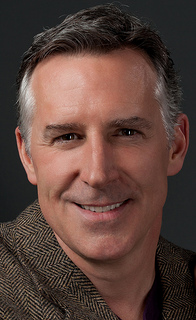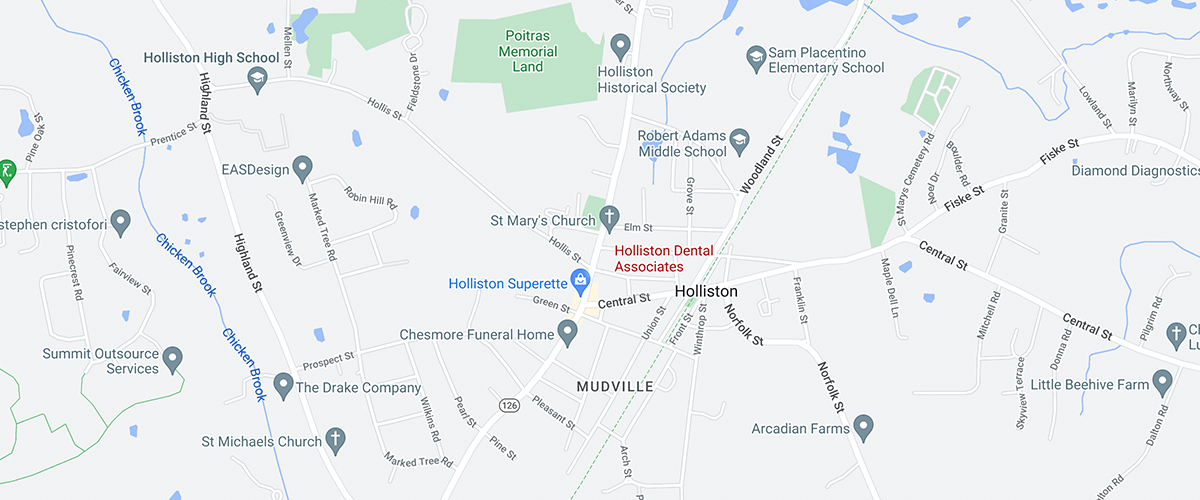
Here we are in the middle of the hottest time of the year. Yes, it’s the dog days of summer. But, wait—just what are “the dog days of summer,” anyway?
The ancient Greeks and Romans coined this term for the longest, warmest days near the end of summer when Sirius, the Dog Star, shone in the night sky. And it’s a Sirius (we couldn’t resist!) reminder that while we need to look after our own dental health during sizzling summer days, it’s essential to look out for our pets, too.
Sure, it’s summer, but relaxed, casual days shouldn’t mean relaxed, casual dental care.
The leading cause of tooth loss in dogs is gum disease. When plaque builds up around the gum line, it irritates gum tissue, causing inflammation. After a time, the gums pull away from the teeth, leaving pockets that become infected. Infection destroys bone tissue, leaving your poor pet with loose or missing teeth.
It’s a good idea to train your dog from puppyhood to let you brush or clean their teeth. Your vet can show you the best techniques.
Use special handled brushes or finger brushes to comfortably reach your dog’s teeth, and use pastes made just for dogs to protect your pet from swallowing the cleaners and abrasives we humans spit out after brushing. There are also single use dental wipes if your pup is no fan of the brush. If your pooch protests, talk to your vet for the best ways to keep your furry pal’s teeth and gums clean and healthy.
When it comes to preventive dental care, we humans have something in common with our best friends—gum disease is the most common cause of tooth loss in people, too!
Don’t let the lazy days of summer lead to lazy dental care. Brush at least twice a day for at least two minutes each time and floss once a day to keep bacteria and plaque from accumulating. A professional cleaning at our Holliston, MA dental office will get the plaque you might have missed, remove tartar buildup, and let you know if there are areas you might be missing.
While you’re looking out for your best friend in these dog days, look out for yourself, too! Dental hygiene, proper hydration, a healthy diet—and regular professional checkups and cleanings for you both—will make sure you and your bestie will enjoy the dog days of summer with paws-itively beautiful smiles.




